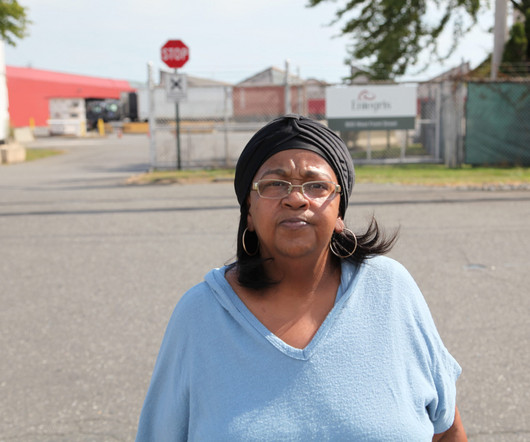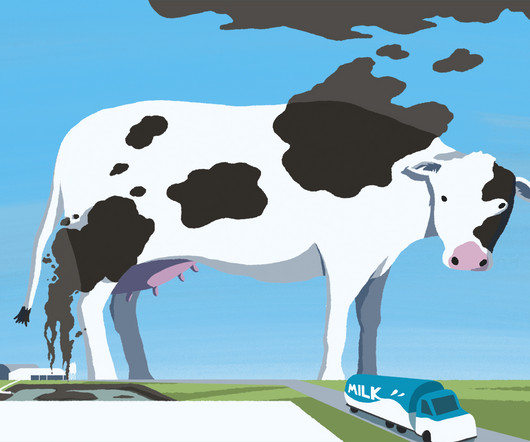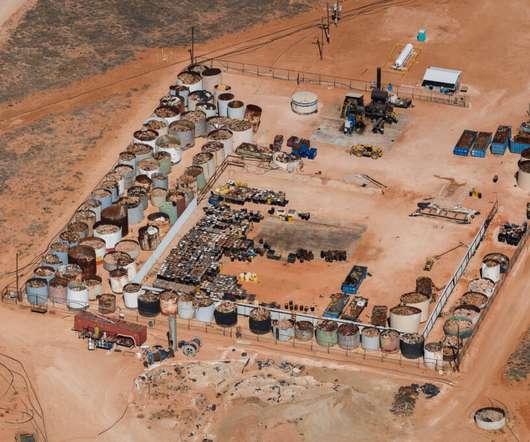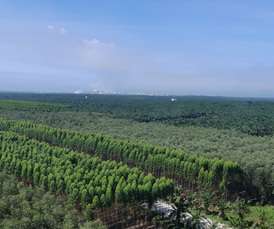As EU Weans Itself From Russian Energy, U.S. Shale Gas Industry Pushes New LNG Export Plant in Pennsylvania
DeSmogBlog
AUGUST 17, 2023
As co-founder of the community group Chester Residents Concerned for Quality Living, Mayfield has spent years fighting to protect her majority Black and low-income city from the pollution spewed by the nearby Covanta waste-to-energy facility — the country’s largest waste incinerator.















Let's personalize your content